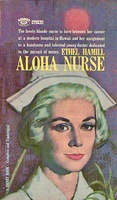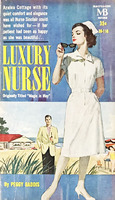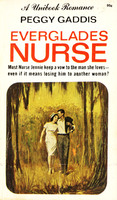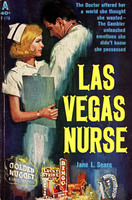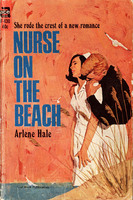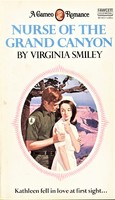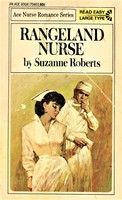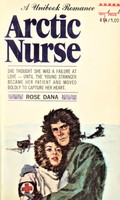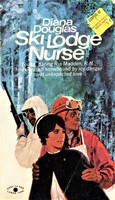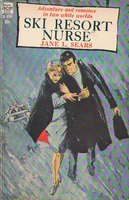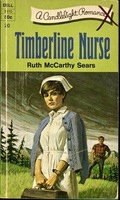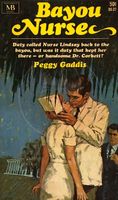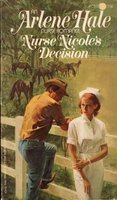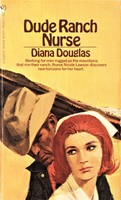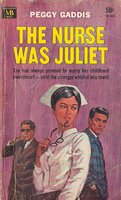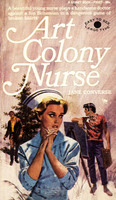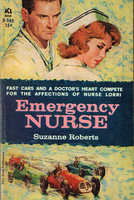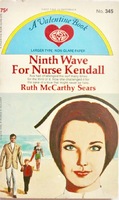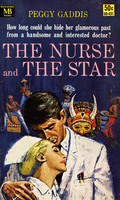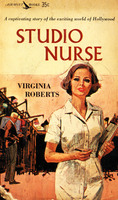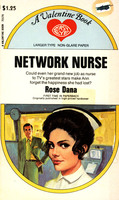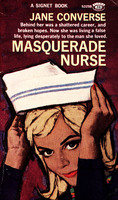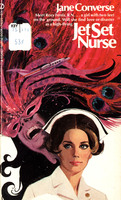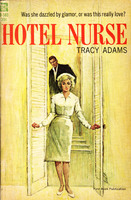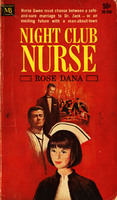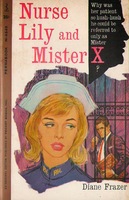Living Vicariously
Some critics of romance accuse the genre of merely offering escape into a fantasy world. It's clear, however, that nurse romance novels often depicted the social and political realities of their time and that their protagonists navigated lives as complicated and difficult as those of their readers. Nurse romances, like all fiction, gave readers the chance to live vicariously through the characters. Sometimes, this meant a protagonist who illustrated ways that women might navigate restrictive social and cultural expectations, but sometimes nurse romances were more interested in presenting a fantasy world of adventure and romance. Let's not forget that reading is as much about expanding horizons as it is about about pleasure and entertainment. Why judge fantasy as any less valuable?
Click each image on this page to learn a little more!
The Domestic Tourist
Nurse romance novels didn't just take readers on international trips, they also exposed the reader to many domestic destinations. Nurse romance novels allowed readers to take a vacation to Cape Cod, visit a ranch, explore the Arctic Tundra, get lost in mountains, and try their hand at a Las Vegas black jack table. Readers could relax in a luxury vacation home on the East Coast, experience American subcultures, or rough it on a ranch in Wyoming. Nurse-protagonists took readers to Florida, Hawaii, Alaska, the Louisiana Bayou, the Blue Ridge Mountains, the Everglades, Wyoming, and more!
Sensational (and Unlikely) Settings
From taking on private duty assignments at art colonies and night clubs to working as a nurse for the "Indianapolis Speedway track hospital," nurse-protagonists work in all sorts of implausible scenarious. Readers have a chance to experience glamour, danger, and excitement through these characters. What could be more fun than reading about a nurse who is secretly a surfing expert or a nurse working behind the scenes of a New York nightclub while disguised as a lounge singer instead of in her uniform?
Critical Thinking Prompts:
-
Is it possible that these more carefree nurse romances filled some unfulfilled longing on the part of their readers?
-
Does literature need to educate a reader in order to have value?
-
Can you hypothesize reasons why earlier nurse romance novels presented nursing more realistically while later novels may have emphasized sensational settings and circumstances?

